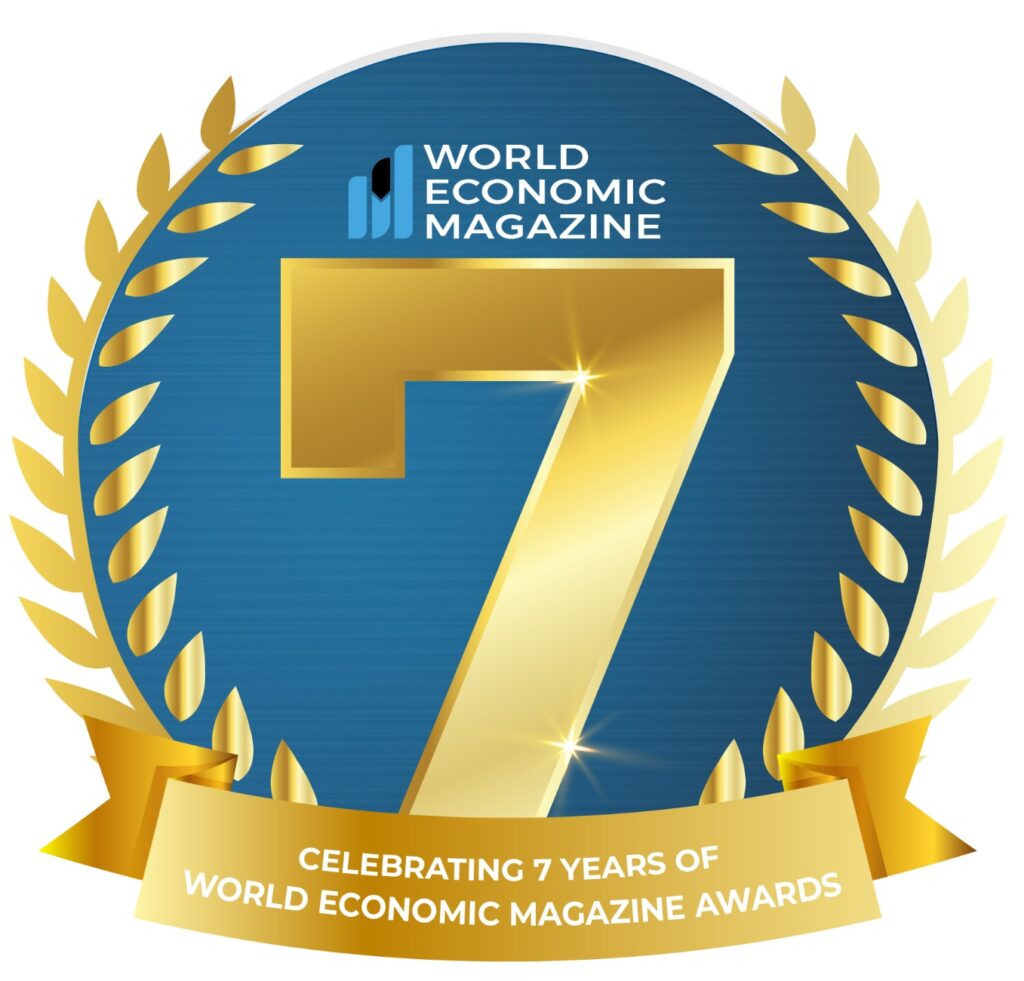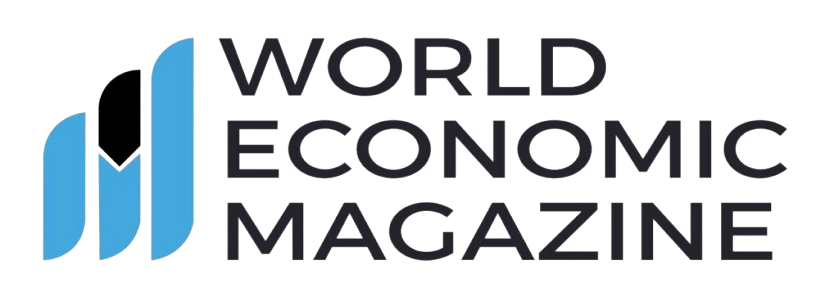

7 Emerging Tech Hubs in Southeast Asia to Watch in 2025
Exploring the dynamic cities fueling innovation and startup growth in the region
Southeast Asia’s technological landscape is heating up — fast. As investors and entrepreneurs turn their gaze eastward, several cities are bursting onto the scene as innovation powerhouses. The region, home to over 700 million people, is witnessing a digital transformation that’s reshaping economies and creating new opportunities daily.
According to Crunchbase, venture capital investments in Southeast Asian startups hit a record $15.6 billion in 2023, up 30% year-over-year. But where exactly is this surge concentrated? Which cities are leading the charge?
Let’s dive into seven cities that are becoming essential technological hubs — places where ideas meet capital, talent, and opportunity.
1. Ho Chi Minh City, Vietnam: The Rising Dragon
Ho Chi Minh City’s technological ecosystem has exploded over the past five years. The city now hosts over 3,000 tech startups, with a combined valuation exceeding $10 billion. Its young, digitally savvy population fuels innovation, particularly in fintech, e-commerce, and AI.
Data point: Ho Chi Minh accounted for 42% of Vietnam’s $1.2 billion startup funding in 2023.
A standout example is VNPAY, a fintech unicorn facilitating digital payments nationwide. Their $150 million revenue in 2023 marks the city’s growing strength in financial technology.
Did you know? Vietnam’s internet penetration rate is over 70%, with Ho Chi Minh leading the pack, making it fertile ground for tech adoption.
Phuong Nguyen, CEO of a Ho Chi Minh-based AI startup, shares, “The entrepreneurial spirit here is contagious. We’re building solutions not just for Vietnam but for the global market.”
2. Jakarta, Indonesia: Southeast Asia’s Startup Powerhouse
Indonesia’s capital is a bustling hive of innovation. Jakarta boasts more than 10,000 startups, many backed by big-name investors like Sequoia Capital and SoftBank.
VC investments in Jakarta-based startups reached $6 billion in 2023, with sectors like ride-hailing, fintech, and healthtech leading the charge.
Notable names: Gojek (valued over $10 billion) and Tokopedia (merged to become GoTo Group, worth $15 billion) started here, catalyzing a vibrant technological culture.
Jakarta’s population of over 10 million makes it one of the largest urban markets in the region, fueling demand for digital solutions.
Local entrepreneur Rini Wulandari remarks, “Jakarta’s diversity and scale push startups to innovate rapidly — solving complex challenges every day.”
3. Kuala Lumpur, Malaysia: The Smart City Ambition
Kuala Lumpur’s government-backed initiatives have positioned it as a digital innovation hub. The city’s MyDIGITAL blueprint aims to transform Malaysia into a $30 billion digital economy by 2030.
In 2023, Kuala Lumpur attracted $2 billion in tech investments, focusing on AI, blockchain, and IoT startups.
The presence of global technology giants such as Microsoft, IBM, and Google’s cloud operations contributes to a thriving ecosystem.
The city is also nurturing fintech startups like BigPay, which processed over $3 billion in transactions last year.
Tan Mei Ling, a local technology investor, notes, “Kuala Lumpur blends world-class infrastructure with an eager talent pool — the perfect recipe for tech growth.”
4. Bangkok, Thailand: The Emerging Fintech and Healthtech Scene
Bangkok is rapidly evolving beyond tourism into a technology hotspot. The city’s startup count increased by 50% from 2021 to 2024, crossing 2,500 companies.
The fintech sector, driven by players like TrueMoney and SCB 10X, saw a transaction volume exceeding $12 billion in 2023.
Moreover, healthtech startups focusing on telemedicine and wellness apps are gaining traction, a trend accelerated by the pandemic.
Dr. Somchai Puttipong, a healthtech founder, says, “Bangkok’s ecosystem supports rapid experimentation — crucial for healthcare innovation.”
5. Manila, Philippines: The Digital Services Hub
Manila’s strategic position as a BPO (Business Process Outsourcing) leader is evolving into a broader technological ecosystem. The city’s startup investments hit $1.2 billion in 2023, led by fintech, e-commerce, and edtech sectors.
Manila benefits from a young, English-speaking population of over 13 million, making it attractive for international investors.
One promising startup is PayMaya, which has grown to over 20 million users and processed transactions exceeding $5 billion last year.
Jose dela Cruz, PayMaya’s COO, remarks, “Our goal is to make financial services accessible to every Filipino.”
6. Singapore: The Regional Tech Giant
Singapore continues to dominate as Southeast Asia’s fintech and innovation leader. With over 9,000 startups and a record $7 billion in VC funding in 2023, it’s the region’s capital of capital.
The city-state’s robust regulatory framework and access to global markets create a launchpad for scale-ups like Grab and Razer.
Singapore’s government innovation agencies, like SGInnovate and Enterprise Singapore, support deep tech sectors such as AI, quantum computing, and biotech.
Minister of Trade and Industry Gan Kim Yong states, “Singapore’s innovation ecosystem is built on collaboration — between government, industry, and academia.”
7. Bandung, Indonesia: The Creative Tech Frontier
Often overshadowed by Jakarta, Bandung is emerging as a creative technology hub. Home to over 1,500 startups, Bandung focuses on gaming, creative tech, and digital education.
The city’s university ecosystem fuels talent, producing thousands of technology graduates annually.
Startup incubators like Skystar Ventures have helped Bandung startups raise $120 million collectively in 2023.
Founder of a leading Bandung edtech startup, Dita Pratiwi, shares, “Our city’s spirit lies in creativity and grassroots innovation — the perfect incubator for fresh ideas.”
What Makes These Cities Special?
- Talent density: Cities like Ho Chi Minh and Bandung benefit from young, tech-savvy populations.
- Government support: Kuala Lumpur and Singapore’s initiatives offer funding, infrastructure, and regulatory clarity.
- Investment influx: Jakarta and Singapore lead with multi-billion dollar VC funding rounds.
- Sector focus: Bangkok’s healthtech, Manila’s digital services, and Bandung’s creative industries diversify the ecosystem.
Fun Fact: Did You Know?
- Southeast Asia’s internet economy is projected to reach $500 billion by 2030.
- Over 70% of the region’s population is under 40, a demographic dividend for technological innovation.
- Indonesia alone accounts for 40% of all Southeast Asian startup deals in 2023.
What Experts Say
“These emerging hubs are not just catching up but leapfrogging in digital adoption and innovation,” says Dr. Amanda Lee, ASEAN tech analyst. “The variety in focus areas — from fintech to healthtech to creative tech — is particularly exciting.”
Investor Ravi Kumar adds, “Southeast Asia’s strength lies in its diversity and scale. Successful startups here will harness local insights with global ambitions.”
Looking Ahead
In 2025 and beyond, these cities will continue attracting capital and talent. Expect rising collaboration between hubs, more cross-border startups, and deeper specialization.
Southeast Asia is no longer just a market for global technological juggernauts. It is rapidly becoming a cradle of innovation in its own right.




